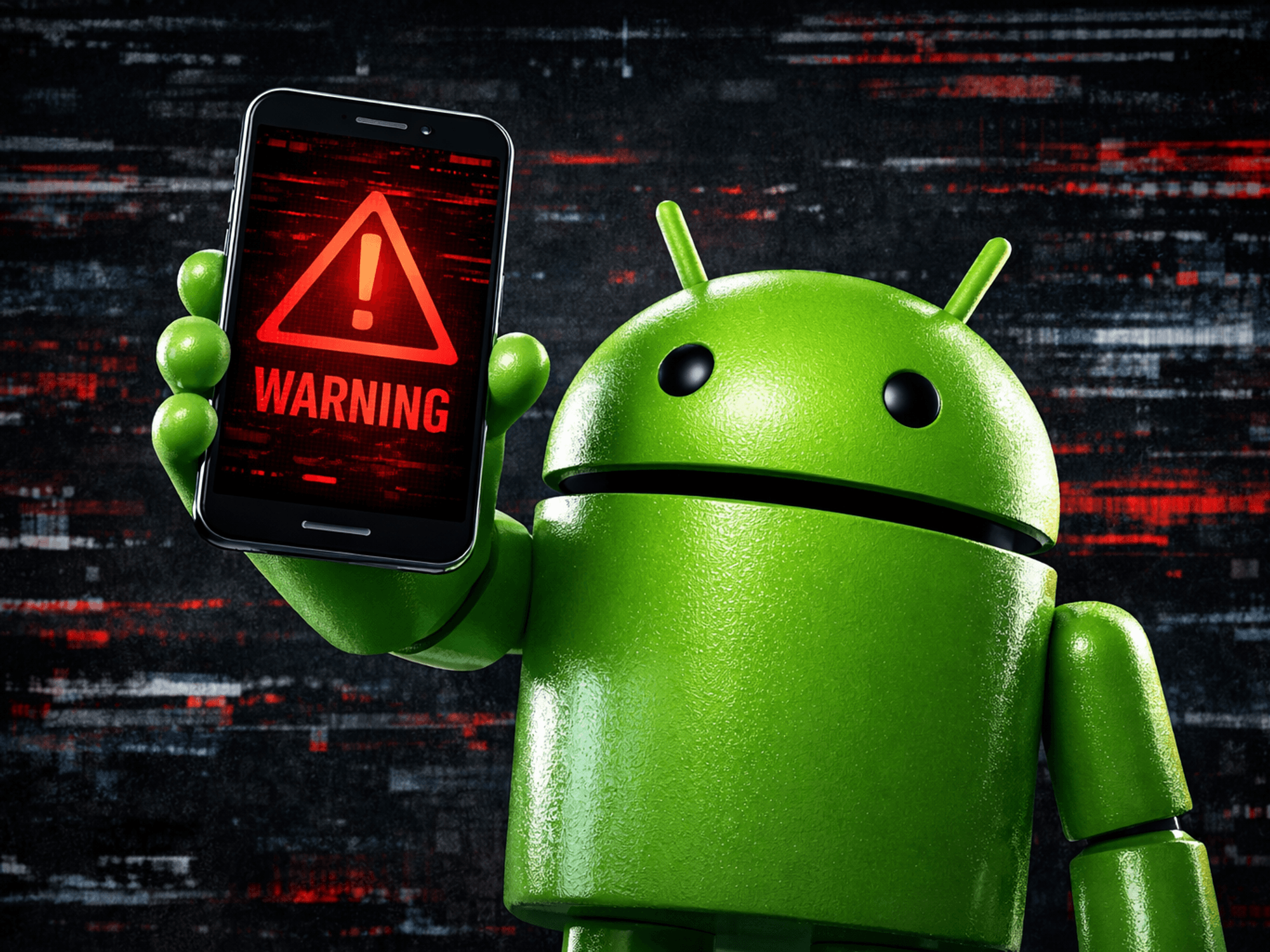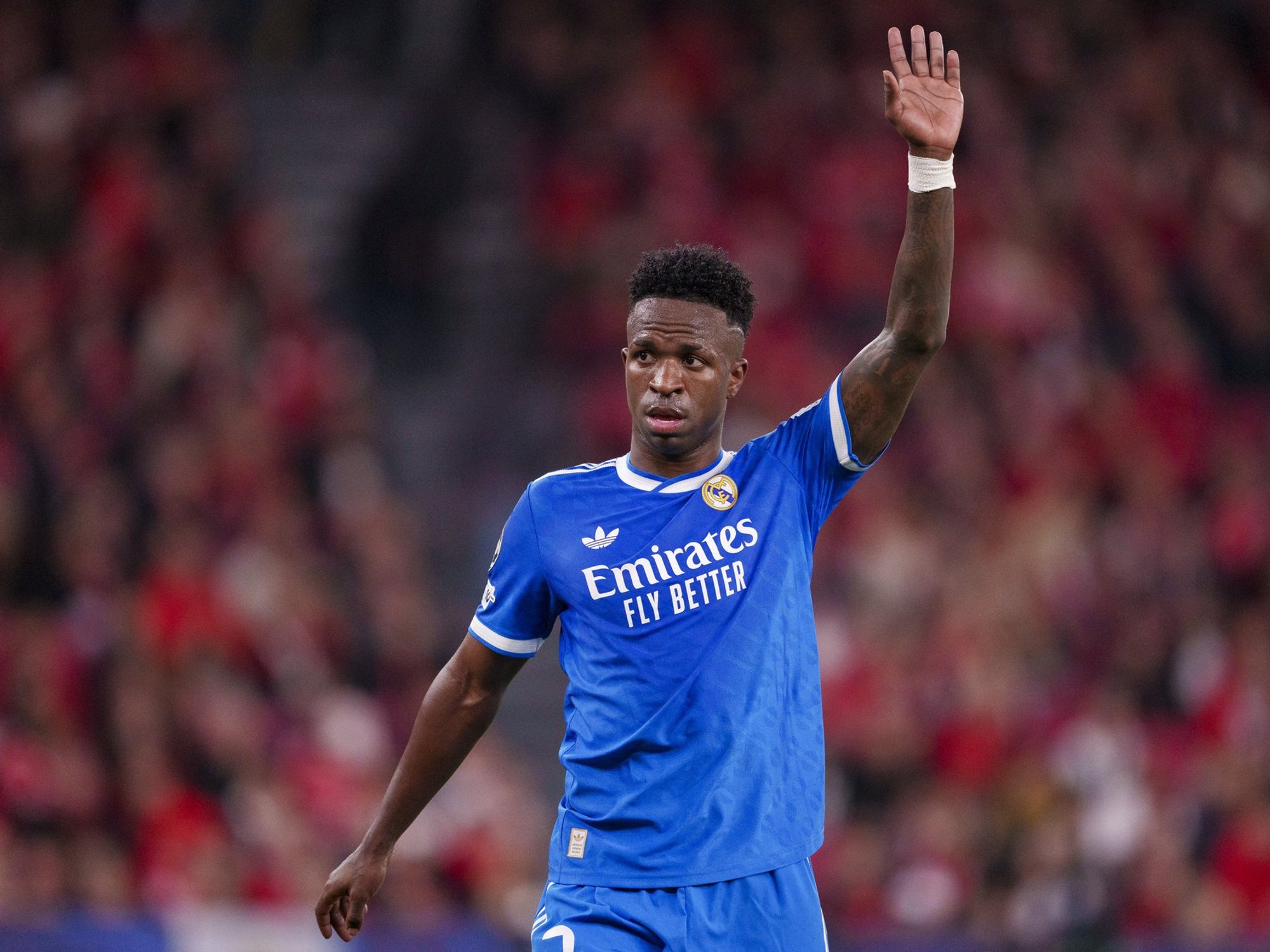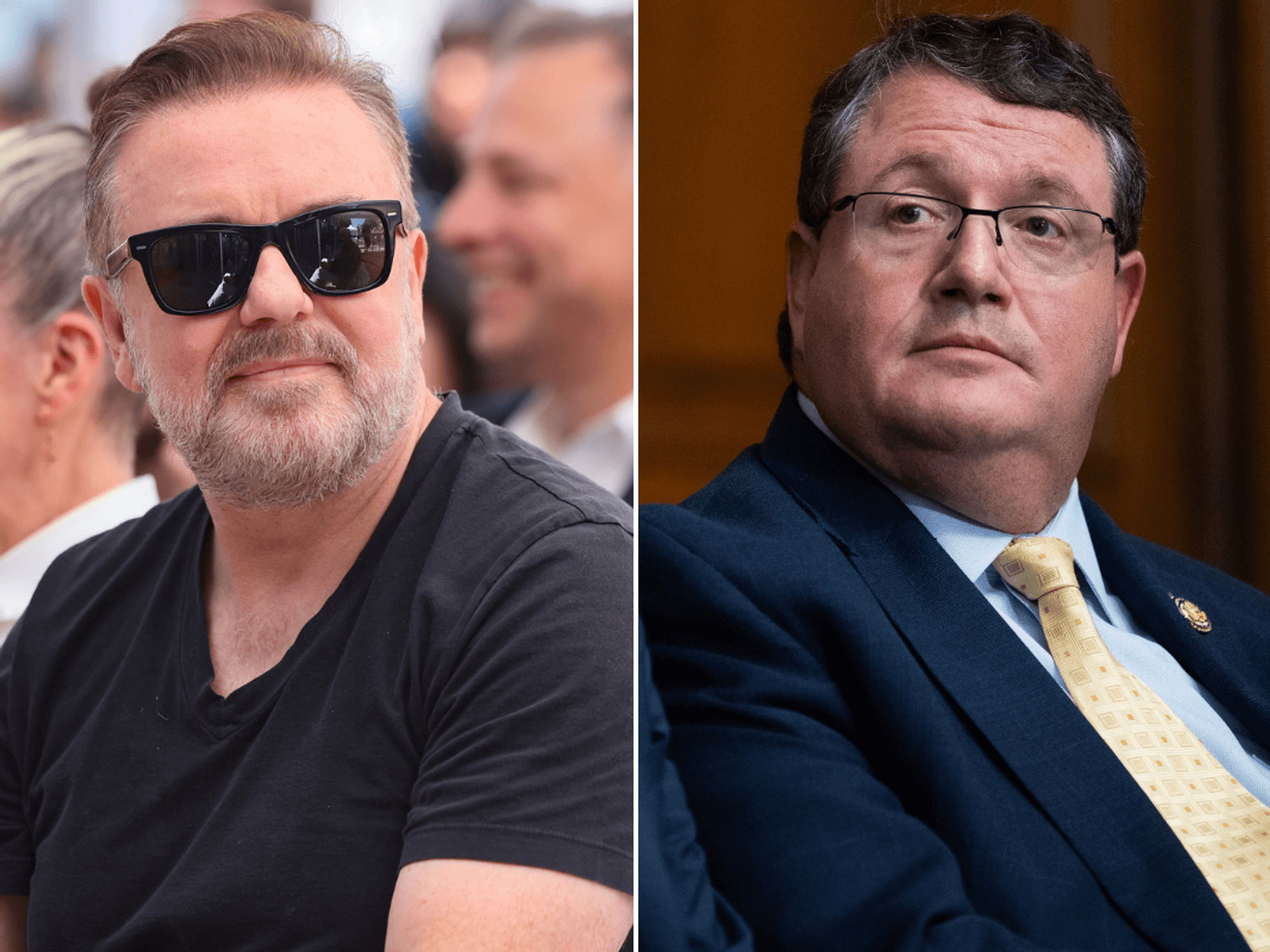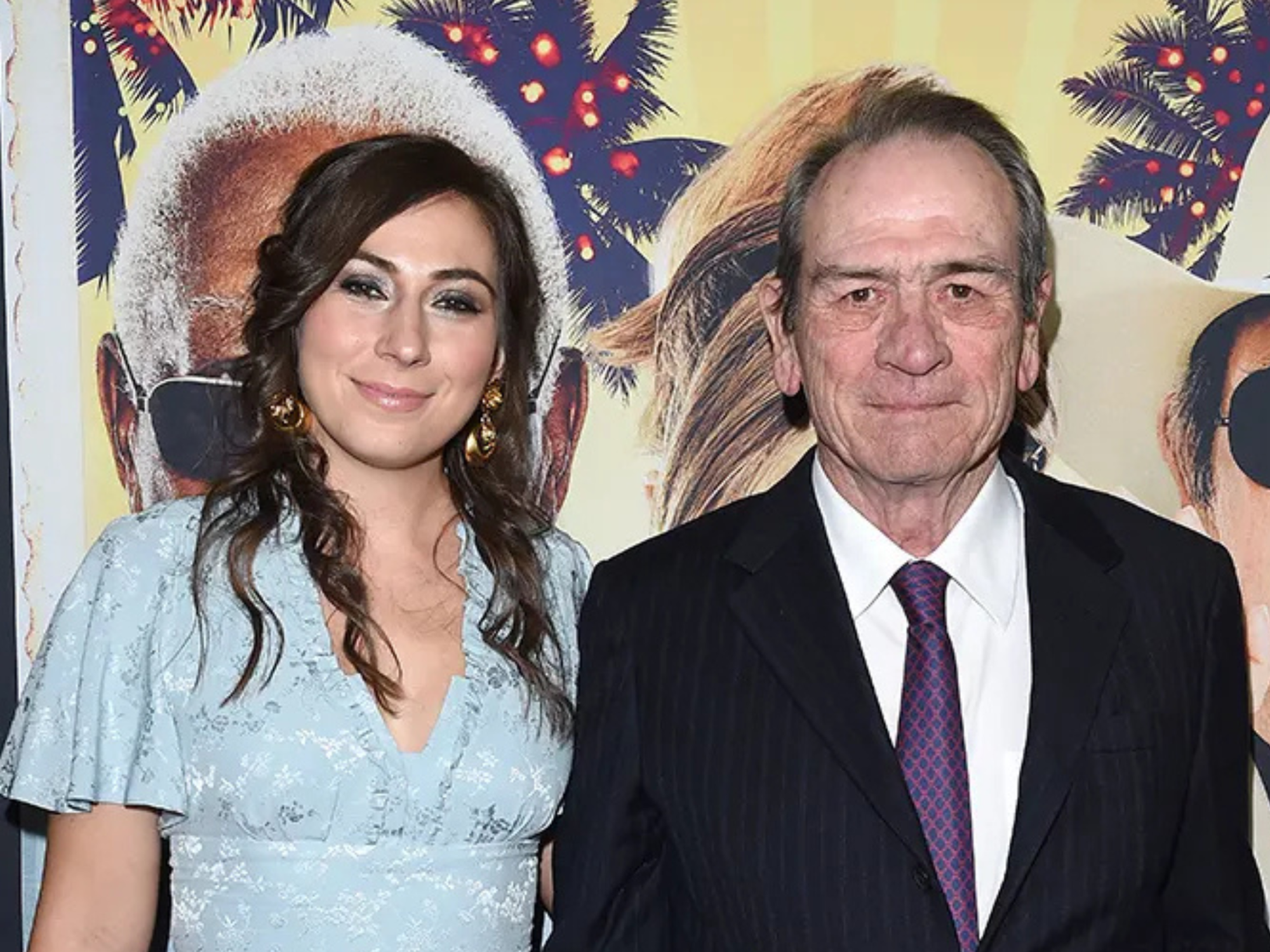GBN Health Check: Are we still conscious after we die? The science of death explained
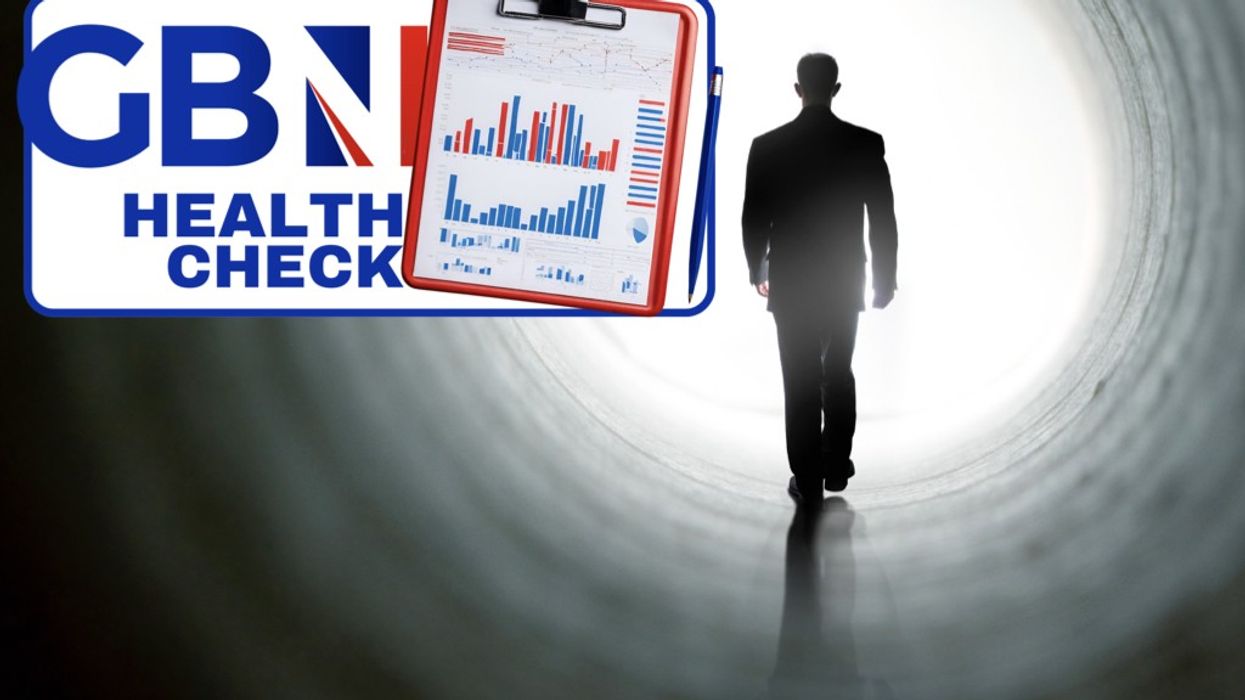
Researchers, medical experts and patients reveal what happens when we die
|Getty Images

In this week's GB News Health Check, our digital health editor Adam Chapman lifts the final curtain on life's biggest mystery: what happens to us when we die
Don't Miss
Most Read
The question of what happens to us when we die has plagued humanity for thousands of years.
It forms the very basis of our morality and ethics as the stories we tell ourselves about mortality have practical implications for how we live and interact with others in the present.
As neurologist Sam Harris succintly puts it: "Death makes a mockery of almost everything else we spend our lives doing."
And yet, most people choose to run away from life's biggest question.
Not everyone is so squeamish. Scientists and medical experts continue to deepen our understanding of what happens before, during and after death.
What do we know so far?
Death has traditionally been viewed through a clinical lens, explains Tom Aufderheide, Professor of Emergency Medicine at the Medical College of Wisconsin.
The physician will attempt to find a pulse, assess for breathing and investigate whether the patients pupils are fixed or dilated.
In biological terms, death happens when any illness or accident becomes so severe that it causes the heart to stop beating. This is medically known as cardiac arrest.
When blood stops flowing around the body, breathing, brain function and all signs of life are lost.
It was thought that no one could come back from this event, which meant the permanent or irreversible loss of life, or death.
From the 1960s onwards, doctors developed a way to restart the heart when it had stopped by pressing hard and fast on the chest and giving high amounts of oxygen, drugs and electricity.
This life-saving technique, known as cardiopulmonary resuscitation (CPR), attempts to pump blood back to the heart and brain to restore life.
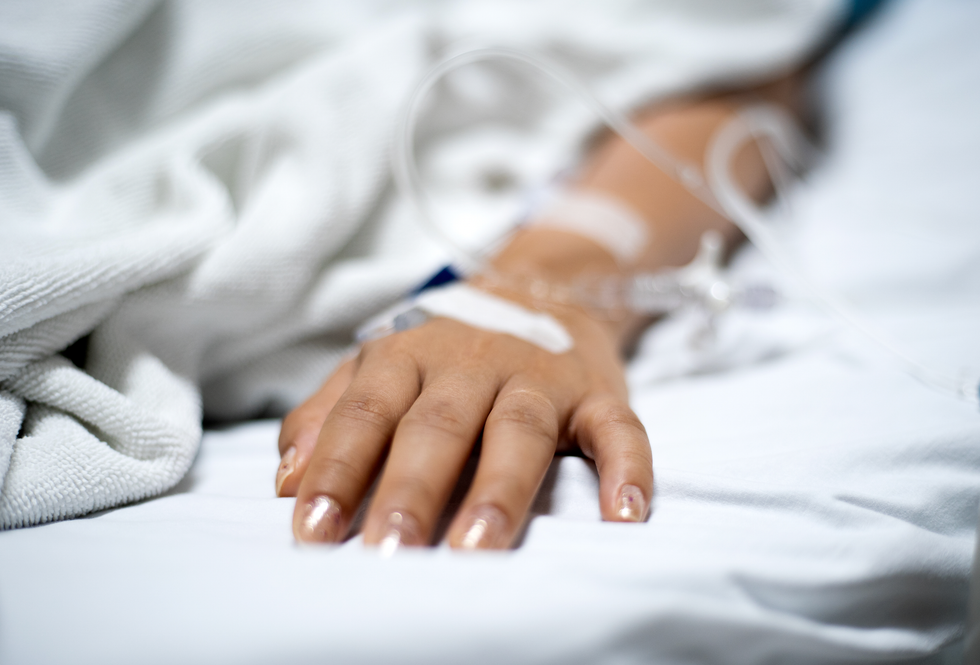
When blood flow stops in the whole body, breathing, brain function and all signs of life are lost
|Getty Images
The insight that some people who would otherwise be permanently dead could be brought back to life was revolutionary.
Around the same time, scientists noticed there was another way to die: brain death.
Brain death was formally recognised by the medical community following advances in medical ventilation.
"Traumatic injury could effectively kill off the brain permanently to the point that there's zero brain function and no blood flowing to the brain at all yet the heart is still beating because the ventilator is sending oxygen back to the lungs," explained Professor Aufderheide.
To understand what happens to us after we die, we need to understand what happens to the brain after our heart stops.
The brain is two percent of the body's weight, but consumes 20 percent of the oxygen.
When human beings are deprived of oxygen in a cardiac arrest, the brain gets hit hardest and starts to be irreversibly damaged and the process begins.
It was long thought that after as little as five minutes of oxygen deprivation, the brain cells start to die and you're dead.
Scientists now know that the cells are recoverable but the initial five minutes of oxygen triggers an active dying process that plays out over hours.
This led to a "paradigm shift" in our thinking about what it means to die, explains Doctor Parnia, Director of Critical Care & Resuscitation Research at the NYU school of medicine.
According to the professor, who has spent decades researching the science of death, the very idea that it's possible to extend the window between when the heart stops and brain dies brings up a host of complex ethical issues.
Scientists at Yale University found themselves on the sharp end of this after developing technology that partially restored brain activity in pigs 10 hours after they were decapitated at a slaughterhouse.
In a call to reporters after his findings were announced, Nenad Sestan, a professor of neuroscience at Yale University and senior author of the study, stressed that "this is not a living brain, but it is a cellularly active brain".
"I want to make clear that the organised electrical activity that would be correlated with any kind of consciousness was never detected in the course of the research," said Steven Latham, the bioethicist on the Yale team who added that inducing consciousness was never their goal.
The finding nonetheless suggests that life in some form lingers on long after the body has shut down.
LATEST DEVELOPMENTS
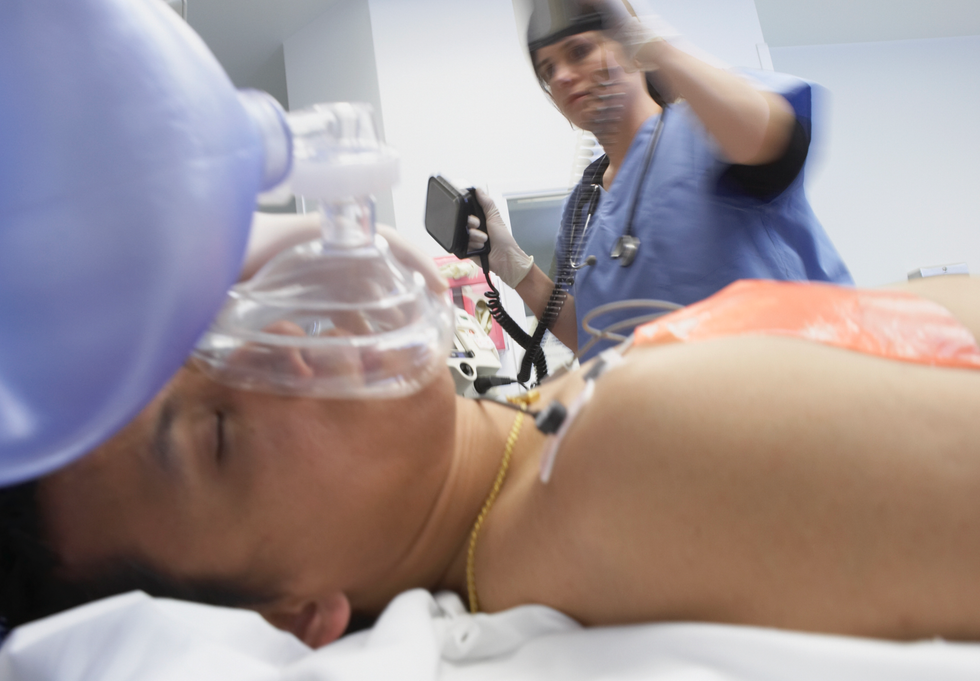
Scientists now know it's possible to extend the window between when the heart stops and brain dies
|Getty Images
It also paves the way for interventions that could potentially stall or even reverse the dying process.
Patients in this liminal space have reported experiencing a range of transcendental experiences that challenge fundamental ideas about the conscious mind and what happens during and after death.
A London-based CEO and entrepreneur can speak from personal experience.
At the height of lockdown in 2021, Chad Teixeira left his Mayfair home and flew out to Turkey to undergo weight loss surgery.
It was during his ten-hour liposuction and tummy tuck procedure that Chad developed a life-threatening complication.
The entrepreneur, who was 26 at the time, had to have a blood transfusion after losing around 60 percent of the blood from his body.
Following his surgery, Chad was still losing a dangerous amount of blood so was given a second blood transfusion.

Chad Teixeira had a near-death experience during his ten-hour weight loss surgery
|Chad Teixeira
It was during this life-saving procedure that the CEO had what he describes as his "near-death experience".
He told GB News: "I started to feel myself getting weaker and weaker. The room was spinning. Bright lights filled my vision as doctors and nurses rushed to my side."
Chad likened what happened next to a "psychedelic trip" - distant memories flooded back into the present.
His experience isn't merely anecdotal. Research published in PNAS shows the brain experiences a surge of activity right before death.
A separate study published in Frontiers in Psychology in 2020 suggests that the memories people see during near-death experiences aren't “flashbulb" or snapshot recollections but rather more rich and lucid.
The researchers also found these reminiscences were less "autobiographical" and tended to be more positive than negative.
Chad's recollection of the events unfolding around him also has scientific precedent.
According to research published in Resuscitation Journal in 2014, participants in a study examining what people experienced during the period of time in which they were officially “dead” reported “a perception of awareness”.
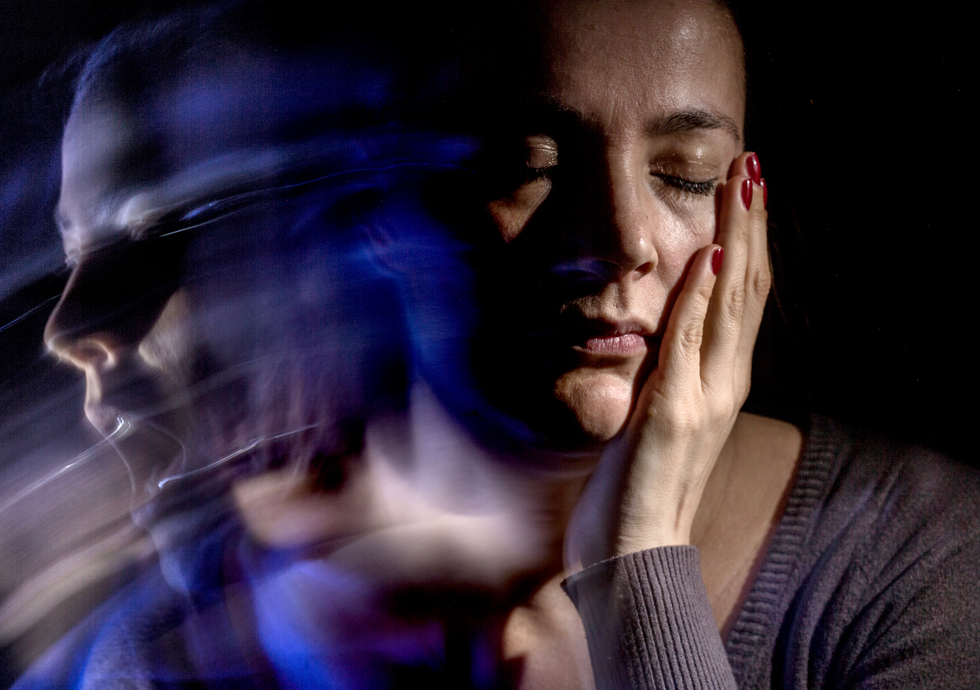
Research shows the brain experiences a surge of activity right before death
|Getty Images
This last gasp of activity has been observed by those working in palliative care.
Grief, Loss and Bereavement Therapist Elizabeth Schandelmeier describes this phenomenon as "waking up".
She told GB News: "I had one person ask me to grab a pen because they wanted to write a list of everyone they wanted to attend their funeral."
The therapist, who has supported grieving families for over a decade, recounts another moment when a man suddenly "woke up" and told his wife all about the "lawn care" she needed to attend to after his passing, meticulously going over where the lawnmower is located and the grassy patches that need the most attention.
This "burst of energy" betrays a patient's internal dialogue and enhanced sense of awareness at the very end, the grief therapist opines.
It might seem insignificant to observers but it provides a sense of closure to their loved ones as they leave this world, Ms Schandelmeier adds.
In conclusion
Much is still to be learned about what happens when we die but if there is one lesson that your correspondent has taken away from speaking to a plurality of voices on this subject, it's that there's nothing to fear.
On the contrary, an increased awareness of death brings a sense of calm and a radical embrace of the present moment.
As Ms Schandelmeier eloquently puts it: "I really do my best to live in a way that is not ruled by fear because I know that things can end any time."
Amen to that.





